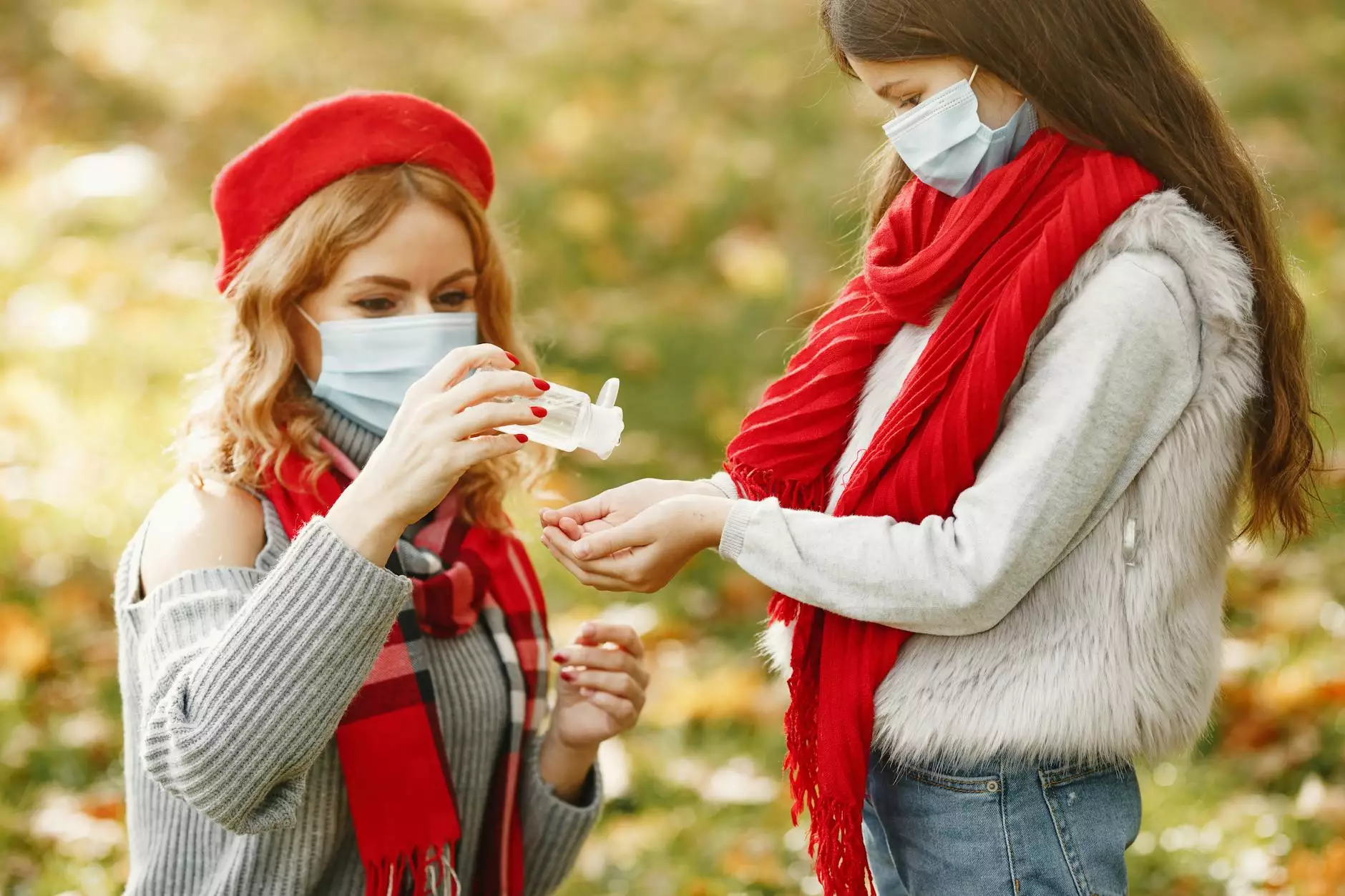How to Protect Your Family Against RSV
Health
Welcome to Kelley Tim PA-C's comprehensive guide on protecting your family against Respiratory Syncytial Virus (RSV). As a trusted healthcare professional in the field of health, I understand the importance of safeguarding your loved ones from potentially harmful infections.
The Threat of RSV
In the realm of respiratory infections, RSV poses a significant risk, particularly for infants, young children, and older adults. It is a highly contagious virus that primarily affects the respiratory system, causing symptoms such as coughing, sneezing, fever, and difficulty breathing.
RSV is easily spread through respiratory droplets when infected individuals cough or sneeze. It can also survive on surfaces for several hours, increasing the risk of transmission. Therefore, taking proactive measures to prevent RSV is crucial, especially during peak seasons when the virus is more prevalent.
Prevention Strategies
1. Frequent Handwashing: One of the most effective ways to minimize the risk of RSV transmission is through frequent handwashing. Encourage everyone in your household to wash their hands thoroughly with soap and water for at least 20 seconds.
2. Proper Respiratory Hygiene: Teach children and family members proper respiratory etiquette. Encourage them to cover their mouth and nose with a tissue or their elbow when coughing or sneezing to prevent the spread of respiratory droplets.
3. Keep Surfaces Clean: Regularly sanitize frequently touched surfaces like doorknobs, light switches, countertops, and toys. Use appropriate disinfectants to kill any potential RSV viruses that may be present.
4. Avoid Close Contact: Minimize close contact with individuals who show symptoms of respiratory illnesses, such as coughing or sneezing. This includes avoiding crowded places during peak RSV seasons.
5. Vaccination: While there is currently no RSV vaccine available for the general public, certain high-risk populations may be eligible for preventive medication. Consult with your healthcare provider to see if it is suitable for your family.
Additional Tips for Protection
1. Boost Immunity: Ensure your family maintains a healthy lifestyle by eating a balanced diet, getting regular exercise, and getting sufficient sleep. A strong immune system can help reduce the severity of RSV symptoms if exposed.
2. Limit Sharing Personal Items: Discourage sharing of personal items like towels, utensils, cups, or straws. These items can serve as potential carriers for germs, including RSV.
3. Stay Informed: Stay updated on the latest RSV information from reliable sources, such as the Centers for Disease Control and Prevention (CDC) or your local healthcare authorities. Understanding the symptoms, transmission, and prevention strategies will empower you to protect your family more effectively.
Conclusion
In conclusion, safeguarding your family against RSV requires a combination of preventive measures, including frequent handwashing, proper respiratory hygiene, cleaning surfaces regularly, and avoiding close contact with infected individuals. Additionally, adopting a healthy lifestyle and staying informed about RSV will further enhance your protection strategies.
Take the necessary steps outlined in this guide to protect your loved ones from the potential dangers of RSV. By prioritizing their health and safety, you are ensuring a stronger defense against respiratory infections.
Remember, if you suspect any family member may be infected with RSV or experiencing severe symptoms, consult your healthcare provider to seek appropriate medical attention. Stay proactive, stay informed, and stay safe!









